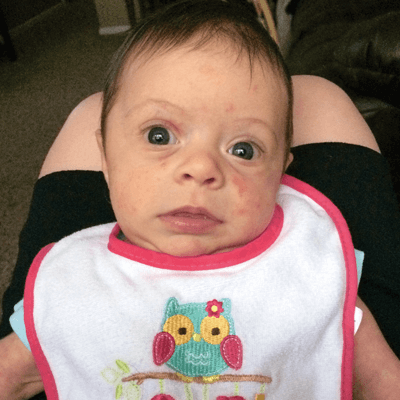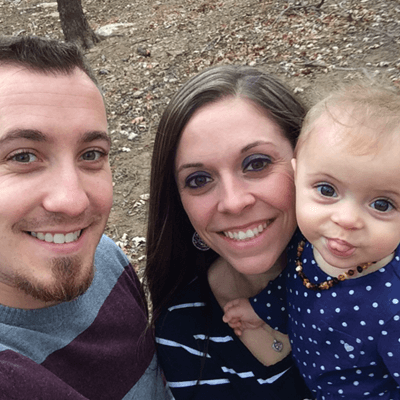So, Ashley decided to go dairy-free.
This was a big change in her diet. Not only did it mean no milk, yogurt, ice cream and cheese, but it also meant reading food labels to avoid all whey, casein and other traces of milk. However, this change paid off. Soon after Ashley went dairy-free, Isabella seemed to do much better. She was not waking up screaming in pain anymore and her skin rash also cleared up.






Share
Share this link via: